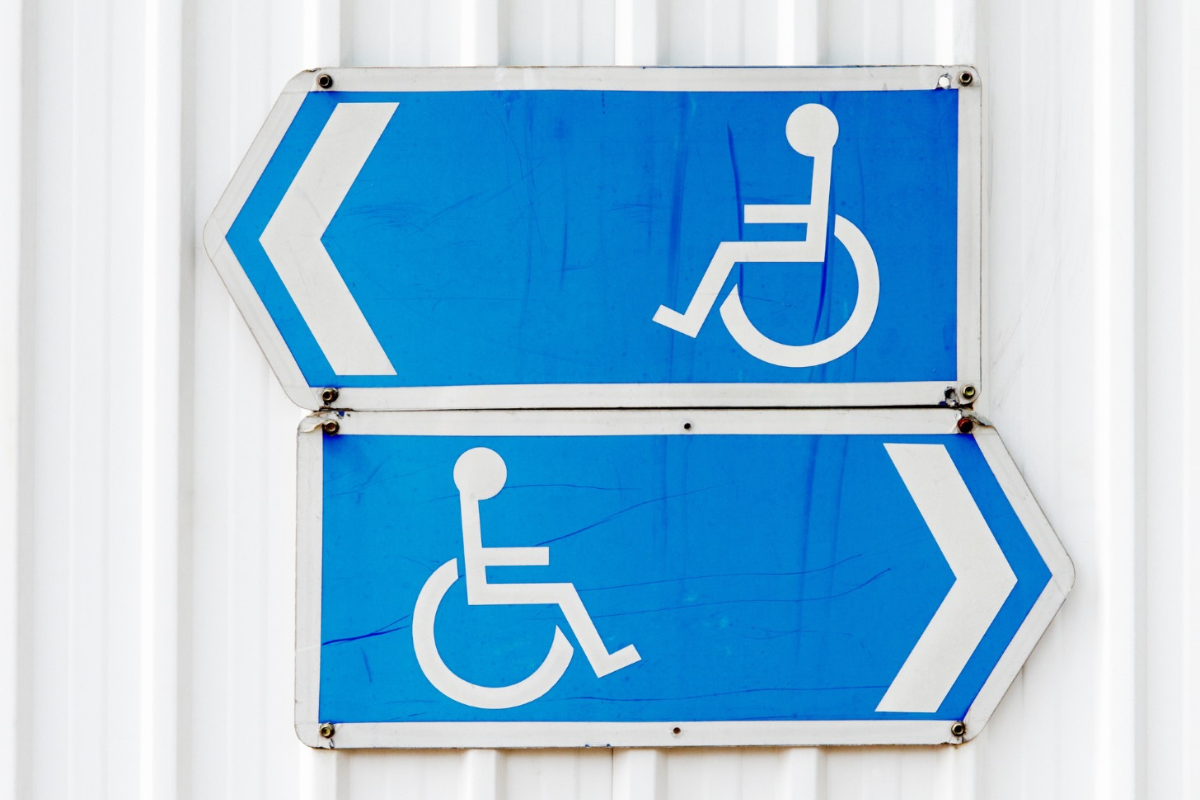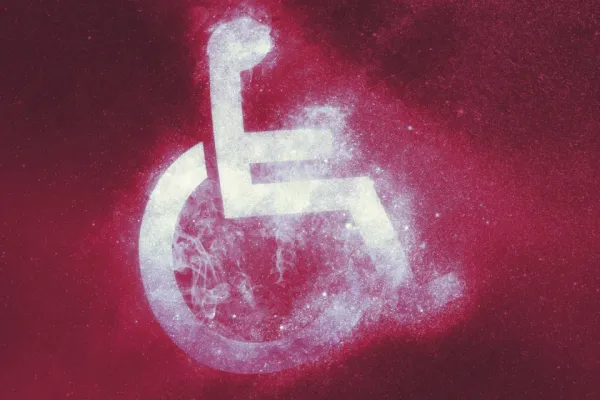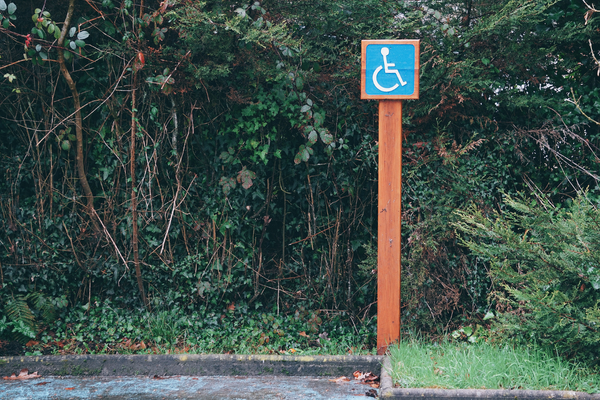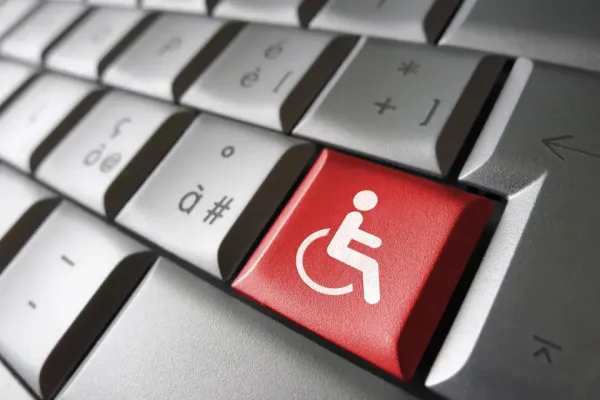7/28/25 - Forced institutionalization

Good afternoon!
During this newsletter's short, unplanned absence last week, President Trump ordered an initiative to increase forced institutionalization of mentally ill and addicted people. There are still more journalistic articles and organization statements coming out about this. But here are three pieces that provide something of an initial overview – plus some of my thoughts at this point.


Trump order pushes forcible hospitalization of homeless people
David Ovalle, Washington Post - July 24, 2025
"An executive order signed Thursday pushes federal agencies to overturn state and federal legal precedent that limits how local and state governments can involuntarily commit people who pose a risk to themselves or others ... The order said shifting homeless people into long-term institutional settings will restore public order. 'Surrendering our cities and citizens to disorder and fear is neither compassionate to the homeless nor other citizens,' Trump’s order said."
What to know about civil commitment, Trump's new policy for homelessness
Josephine Walker, Axios - July 25, 2025
"Involuntary civil commitment has historically been used as a preventative method to confine people before they harm themselves or others, and most frequently affects vulnerable groups such as LGBTQ+, people of color and people with disabilities, according to several studies."
National Disability Groups Condemn Executive Order Taking Away Civil Liberties
Disability Rights Education and Defense Fund - July 24, 2025
"This is a broader disability rights issue – up to 40% of people with intellectual and developmental disabilities (IDD), such as Down syndrome, autism, cerebral palsy, and more, also have co-occurring mental health conditions. Currently, only 1 in 10 children and adolescents with IDD and mental health disorders receive specialized services. The solution is sufficient funding for community-based services and appropriate housing, not this Executive Order. Further, at a time when the federal government is making historic cuts to Medicaid services and housing, no state can afford to again be forced to warehouse people with disabilities in costly institutions."
From a disability perspective it seems like there are three main problems with Trump's initiative:
- It seems like it would violate a number of important legal precedents, including the 1999 U.S. Supreme Court decision in Olmstead vs. L.C. and E.W., which states that people with disabilities have the right to receive support services in their own homes and communities, rather than being limited to being in nursing homes and other care facilities. In case it's not clear, people with mental illness and addictions are people with disabilities. And mentally ill people are definitely covered by the Olmstead decision, not just elderly people, wheelchair users, and people with intellectual disabilities.
- It's another step towards a much broader and intensified culture and policy of eugenics – in which disabled people are deliberately and systematically pushed out of society in multiple ways. This can include, but is not limited to, being physically segregated from society and placed under constant supervision in facilities we cannot leave. One of the most telling aspects that points to eugenics is that the main selling points for the new presidential directive is making communities nicer and more orderly for non-disabled people – not making life better, safer, healthier, or freer for disabled people. Eugenics is about protecting "regular" people from having to see and deal with "abnormal" people, which is what this directive is very much about.
- There is a danger, especially under an increasingly authoritarian and unaccountable state, that the legal precedents this will establish will be used to take over the lives of anyone not considered “fit,” or who makes life decisions that clinicians and government officials deem to be irrational or unacceptable. That means not only the stereotypical mentally ill homeless person, but also your grandmother with Alzheimers, your child with Down syndrome, and adults of all ages with any complex disabilities, especially if we behave in any way contrary to someone's idea of the absolute ideal of responsible and productive disabled independence. If we are doing okay, but don't do everything exactly right, and if our lifestyles and choices worry anyone, it will become even easier for bureaucrats, social workers, doctors, or anxious relatives to just step in, take over, and place us in some kind of facility.
These concerns may seem a little paranoid. But if they are, they really are only a little paranoid. This push to force mentally ill homeless people into institutions will be appealing to a lot of people. But it should terrify anyone who thinks about the legal and human implications for more than five minutes – especially people with disabilities.




Disability Thinking Weekday is a Monday-Friday newsletter with links and commentary on disability-related articles and other content. Please like, share, comment, and subscribe — for free, or with a paid subscription. A free subscription brings a newsletter to your email each weekday, and gives you access to Comments. Benefits of paid subscription also include:
- A monthly recap with links to all of the previous month's shared articles, organized by topic.
- Listing as a supporter, and a link to your website if you have one.
- You can recommend one disability-related article for me to share per month in a weekday post.
To to subscribe, upgrade to paid, or make a one-time donation, click one of the buttons below:

I am so grateful for your help and engagement, in whichever forms you choose!



